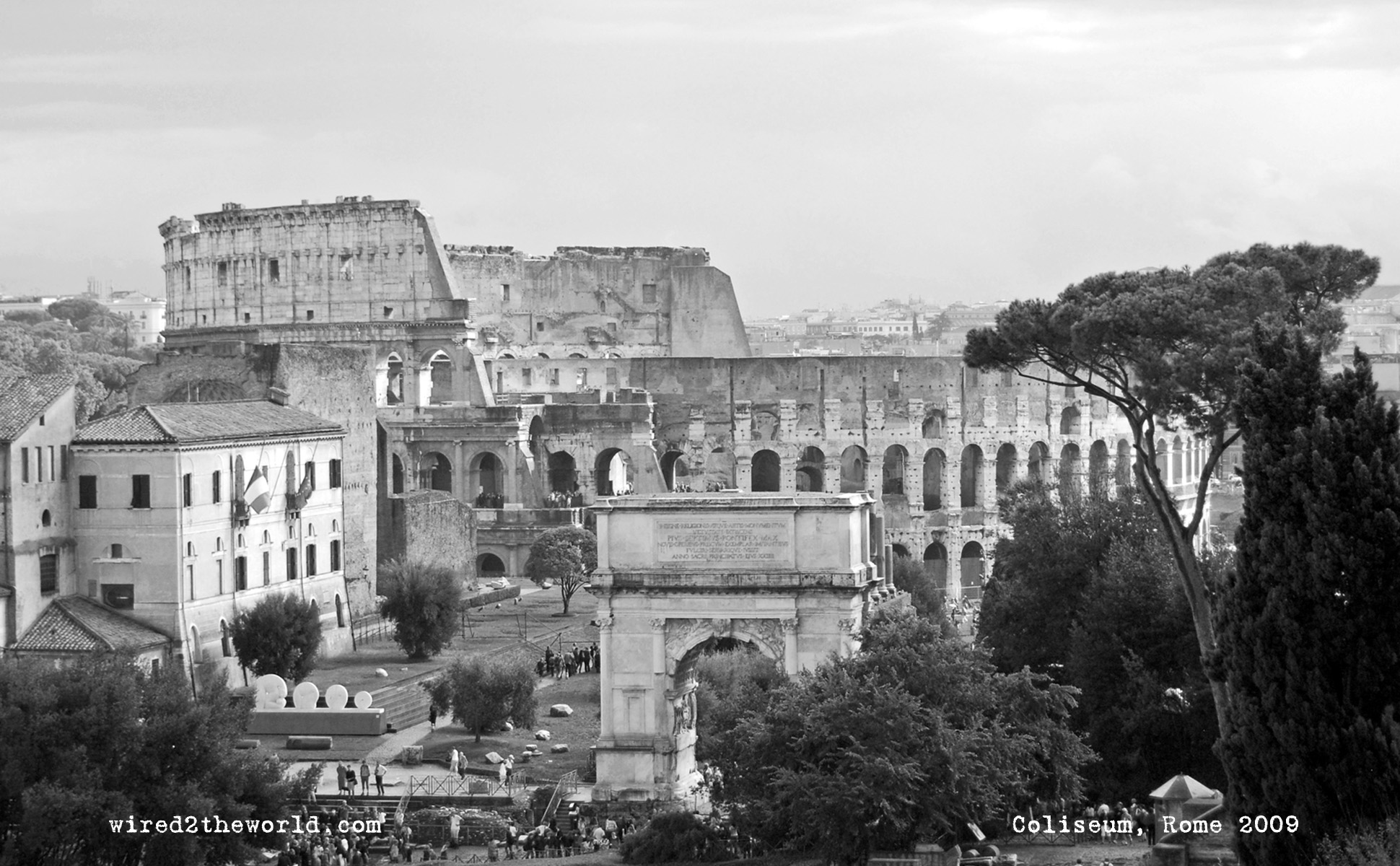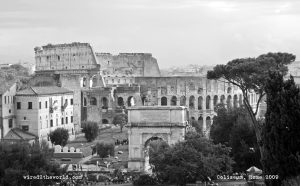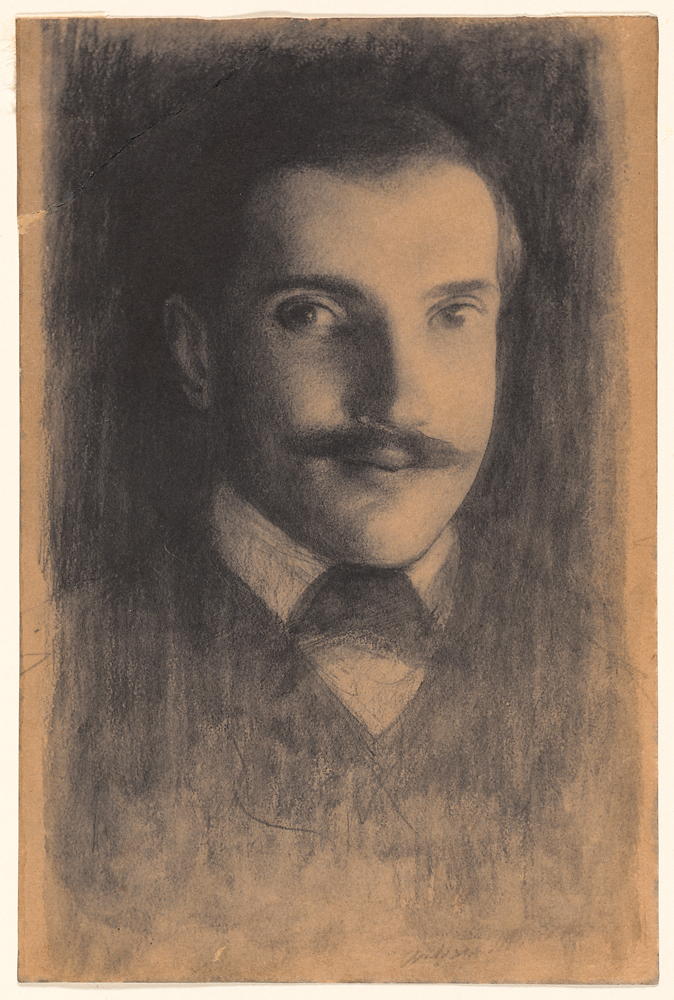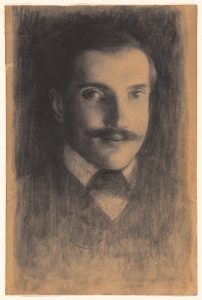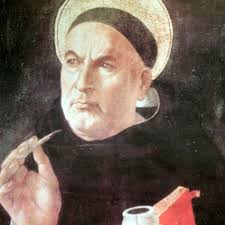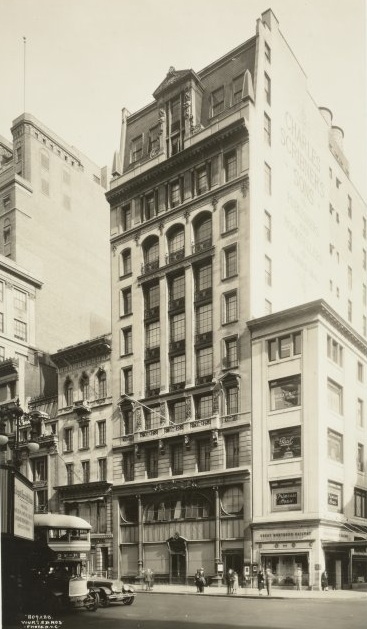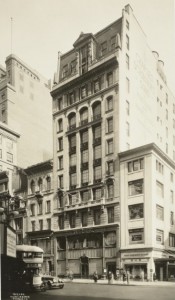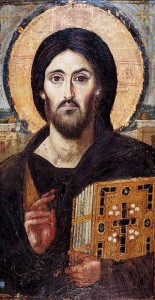 To John Middleton Murry
To John Middleton Murry
Hotel Bristol
Rome. December 11, 1929
As to your reconstruction of Christ, you know that I have no faith in such things. Like everybody else, I like to assimilate the sense of the Gospel to my own insights: and I have no objection to poetic interpretations of Jesus, if they continue his legend and are faithful to his sacred character as tradition preserves it, according to the maxim of Horace about fidelity to characters once established by the poets. But these reconstructions have no historical truth: documents are lacking, and the imagination of the modern poet is hopelessly transformed. On single abstracted points we may, of course, have reasons for forming particular judgements; and there are ideas which we may study and understand in themselves, apart from the biography of their author, who probably did nothing but adopt them. What you call Christ’s “amazing” idea of God seems to me to be one of these. In substance it is the commonplace of all Eastern religion: you say yourself that it is found also in India and China; yes, and in the Stoics and the Mohammedans: in fact in everybody except the unmitigated Jews. It is the universal “sursum corda . . . habeum ad Dominum”. If we ventured on hypotheses about the personal context in which this idea existed in Christ we might say that it was merged with that of Jehovah and (as you explain) with that of a Messiah: and there was also a good deal of assimilation of the divine Being to the governing principles of this world. For instance, besides your favourite text about the sun and rain, there are texts about the wheat and tares, the harvest, and the burning. Elevation above human interests did not exclude perception of what those interests required: they required conventional morality, and even an established church. I was glad to see you so bravely identifying genuine Christianity with Rome; but there is one point which, if I had the pleasure of talking with you, I would try to convince you of: and that is that the “supernatural” is the most harmless thing in the world, and not arbitrary. It is merely the ultra-mundane: it is governed by its own principles, of which there is a definite science, and it is the truly and fundamentally natural, of which our conventional or scientific nature is only a local, temporary, and superficial mode. Of course, the revelation of what this ultra-mundane sphere contains is “fishy” and itself inspired from below: it is like our modern Spiritualism; but that doesn’t prevent the general notion of an existing sphere beyond our sphere, but touching it and sometimes penetrating into it, from being legitimate, if only the evidence for it were not drawn from the wrong quarter.
You are a modern, an “intellectual”, and I am an old fogey; that is probably the reason why I balk at your emphasis on “newness”. Aren’t you confusing newness with freshness or spontaneity? True religion, true philosophy, like true love, must be spontaneous, it must be fresh: but why should it be new? There is no harm in a new species of rose, if nature drops into it, or horticulture succeeds in bringing it forth under electric reflectors, and by judicious grafting: but surely the beauty even of the new roses, if genuine, and not simply a vile worldly fashion, is independent of the accident that such a form was previously unknown. Evolution is a fact, and we must be grateful to it for the good things it brings forth: but the good in each of these things lies in their own perfection and harmony with themselves; and the date of them makes no difference in their happiness.
Am I wrong?
From The Letters of George Santayana: Book Four, 1928-1932. Cambridge, MA: The MIT Press, 2003.
Location of manuscript: Collection of Richard A. Macksey, Baltimore MD.


